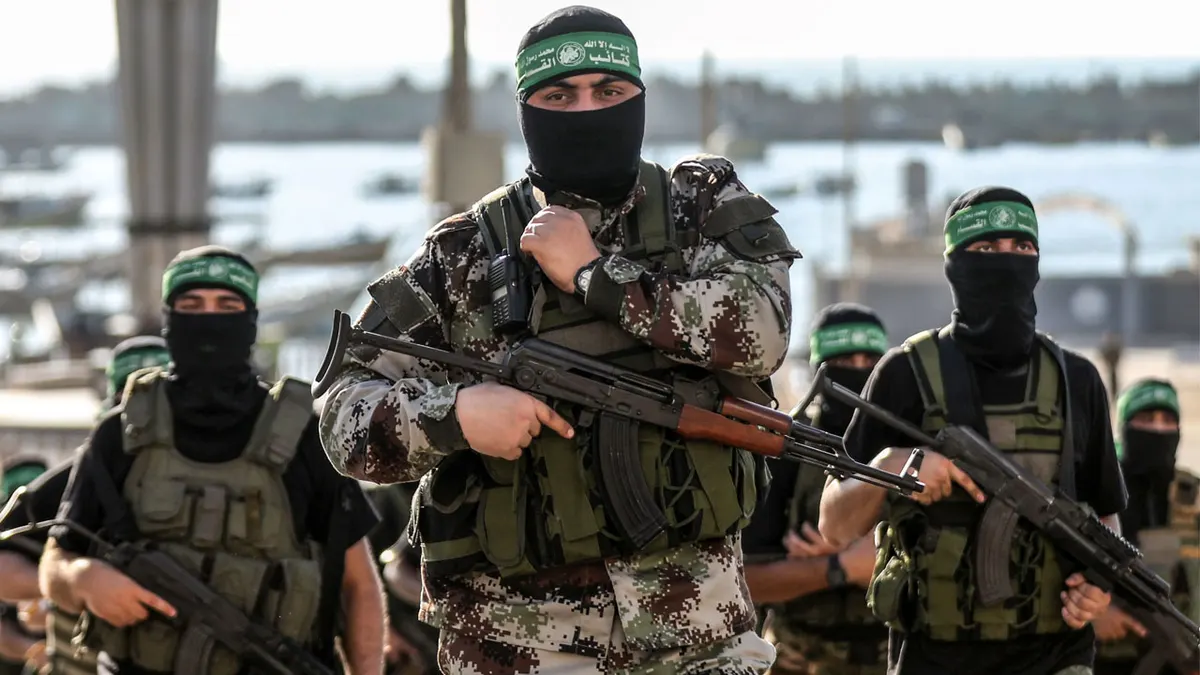Already a subscriber? Make sure to log into your account before viewing this content. You can access your account by hitting the “login” button on the top right corner. Still unable to see the content after signing in? Make sure your card on file is up-to-date.
Hamas has officially agreed to a new ceasefire and hostage release proposal brokered by Egyptian and Qatari mediators.
Getting into it: The deal, according to sources familiar with the negotiations, would begin with a 60-day ceasefire during which Hamas would release 10 living Israeli hostages and the bodies of 18 others. In return, Israel would release 150 Palestinian prisoners, many of whom are serving life sentences. The proposal also outlines a phased framework: the first phase includes the initial hostage-prisoner exchange and pause in hostilities, while the second phase (negotiated during the truce) would potentially include the release of the remaining hostages and discussions for a permanent ceasefire, a full Israeli military withdrawal from Gaza, and broader terms for ending the war.

Israel, however, has not yet officially responded to Hamas’s acceptance. Prime Minister Benjamin Netanyahu has reiterated that Israel will only agree to a comprehensive deal in which all hostages are released at once and meet Israel’s additional conditions. These conditions include the full disarmament of Hamas, the demilitarization of the Gaza Strip, continued Israeli control of Gaza’s perimeter, and the establishment of a governing authority in Gaza that is neither Hamas nor the Palestinian Authority.
This latest development comes amid mounting domestic and international pressure on Israel to bring the war to a close. Inside Israel, over 150,000 people recently flooded the streets of Tel Aviv demanding a deal to return the remaining hostages and end the conflict. Families of the hostages and their supporters have intensified their calls for the government to prioritize a diplomatic solution over continued military escalation, which many fear could further endanger the captives. At the same time, humanitarian conditions in Gaza have worsened dramatically, drawing criticism from allies and international organizations.
Germany, a long-time ally of Israel, has paused the approval of certain military equipment transfers due to the situation in Gaza. Meanwhile, Canada, Australia, the United Kingdom, and France have announced their intentions to recognize the Palestinian state at the upcoming United Nations meeting, drawing anger from Israeli officials.







